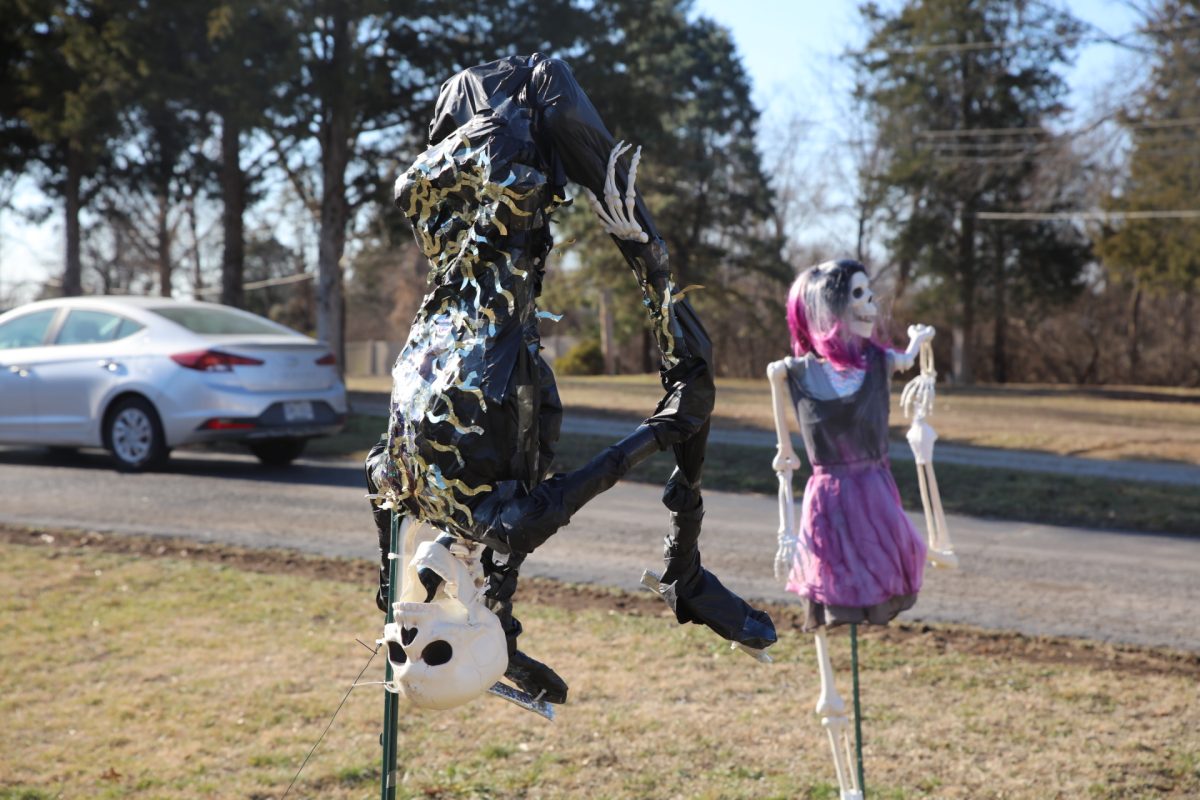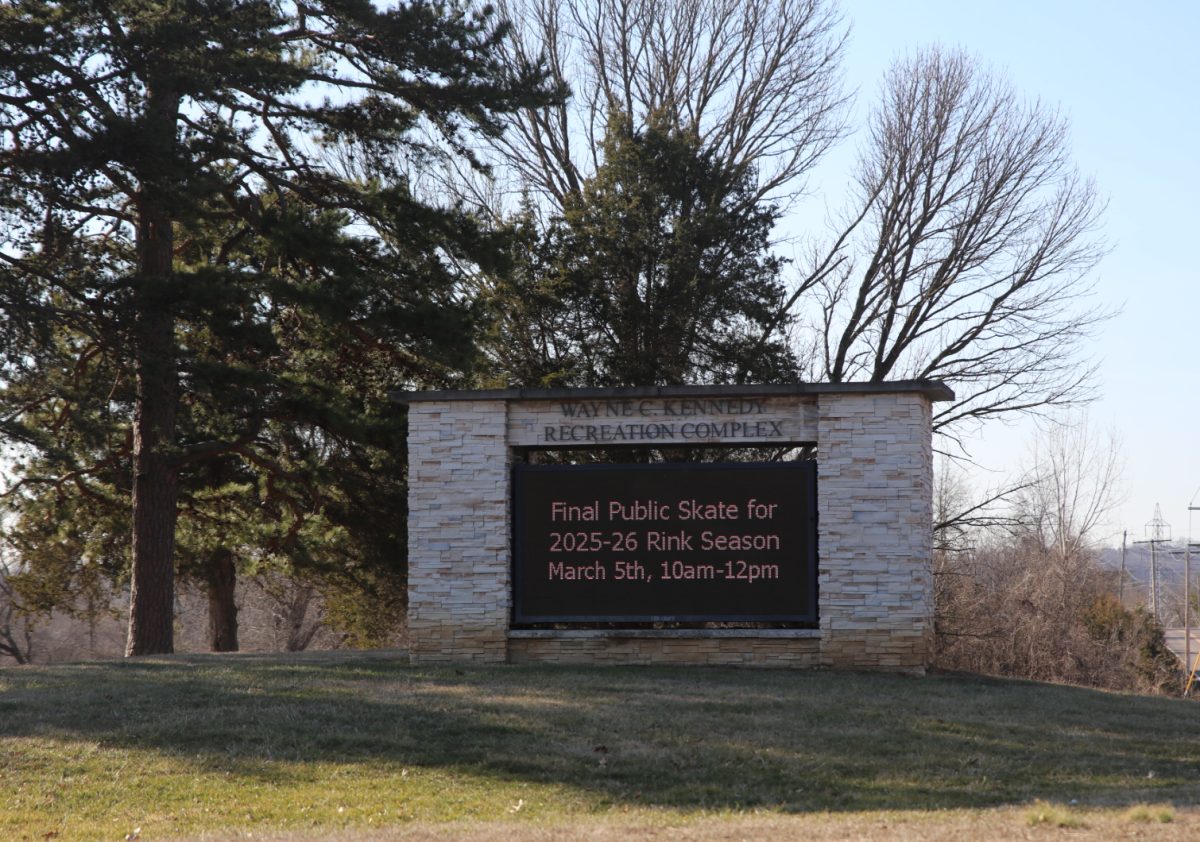Former president and publisher of the Washington Post, Philip L. Graham, is quoted often for attributing the phrase, “the first rough draft of history” to newspapers. The top of the list AI (artificial intelligence) web research response continued that some historians believe it may have originated with a Post journalist, Alan Barth.
Because newspapers record events as they happen, providing an immediate, albeit often incomplete or biased, account of the news, this initial record is valuable as historians will later analyze and interpret this account to create a more comprehensive and nuanced understanding of the past.
Immediate reactions and interpretations of events allow newspapers to capture and to offer a snapshot of public opinion and sentiment at the time of the news happening. The “first draft” is, of course, subject to revision, correction and reinterpretation with more information and historical perspectives following or coming to light on news coverage by journalists. Newspapers reflect biases and perspective of their editors, publishers and target audiences… historians, when using newspaper historical sources, they should be aware of these biases.
Newspapers offer an enormous amount of information that provide a crucial foundation for historical research, despite limitations. Historians can analyze events, social conditions and public discourse. Beyond print or newspapers that remain the original first draft of history media, online, television and radio are included today.
With the upcoming Fourth of July annual celebration of our country’s birthday, The United States of America, I believe Francis Scott Key to be an early journalist. Not only is he recognized as an American lawyer, author and poet, his poem “Defense of Fort M’Henry” reports his witnessing of the twenty-five-hour bombardment of Fort McHenry by the British troopship when he was detained aboard trying to negotiate the release of an American civilian when the attack began.
“The dawn’s early light” revealed and Key’s poem reported “our flag flying over the fort.” “The Star Spangled Banner” was born from Key’s poem. It was set to a popular British tune that became the American national anthem.
Key can be recognized as an early journalist, recording the historical founding battle of our nation in the War of 1812.












